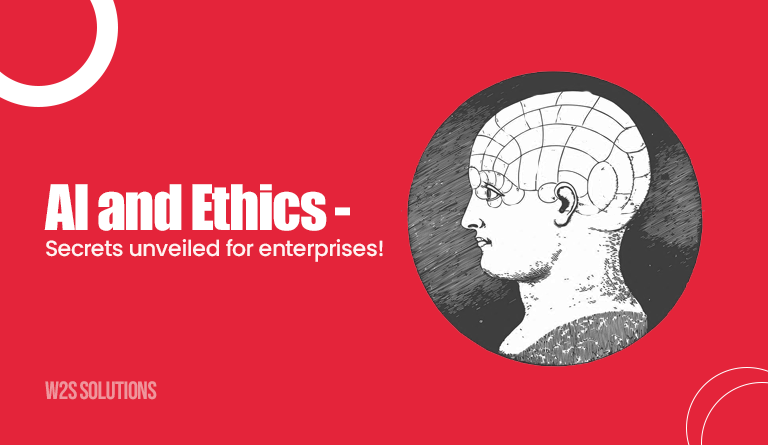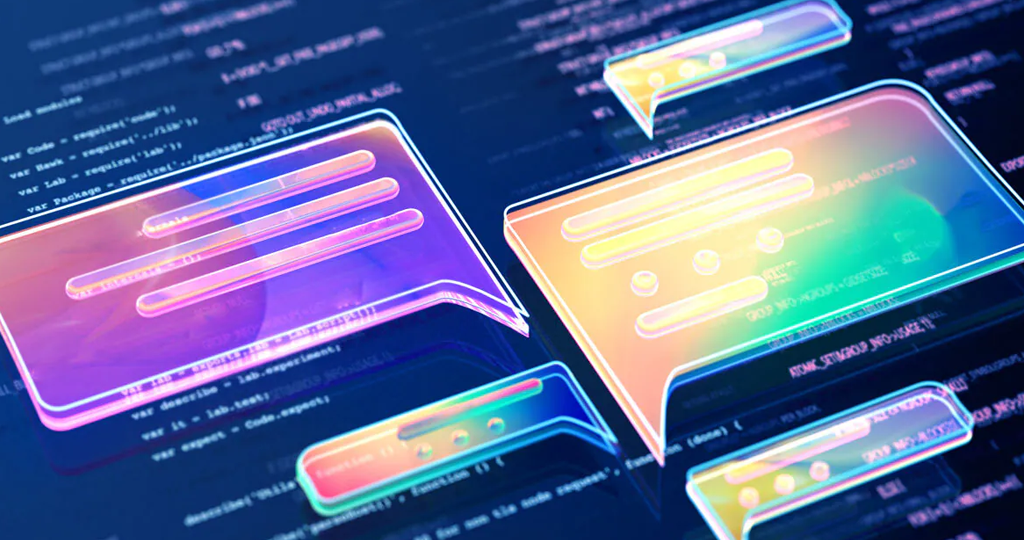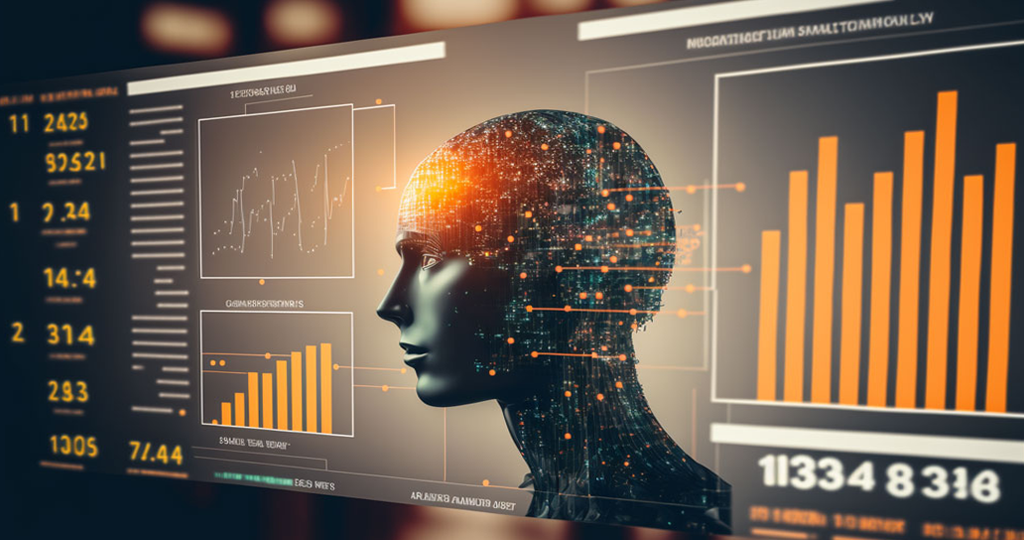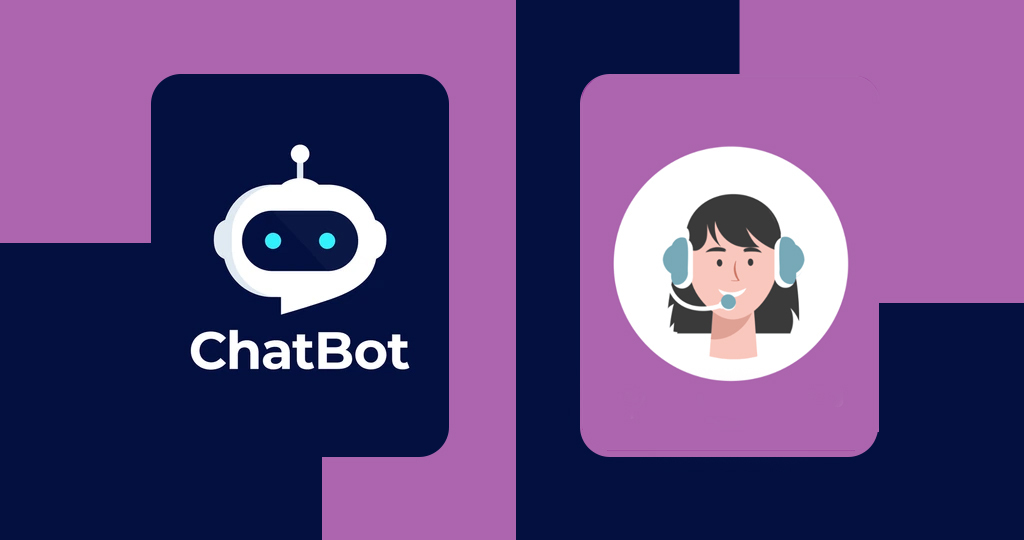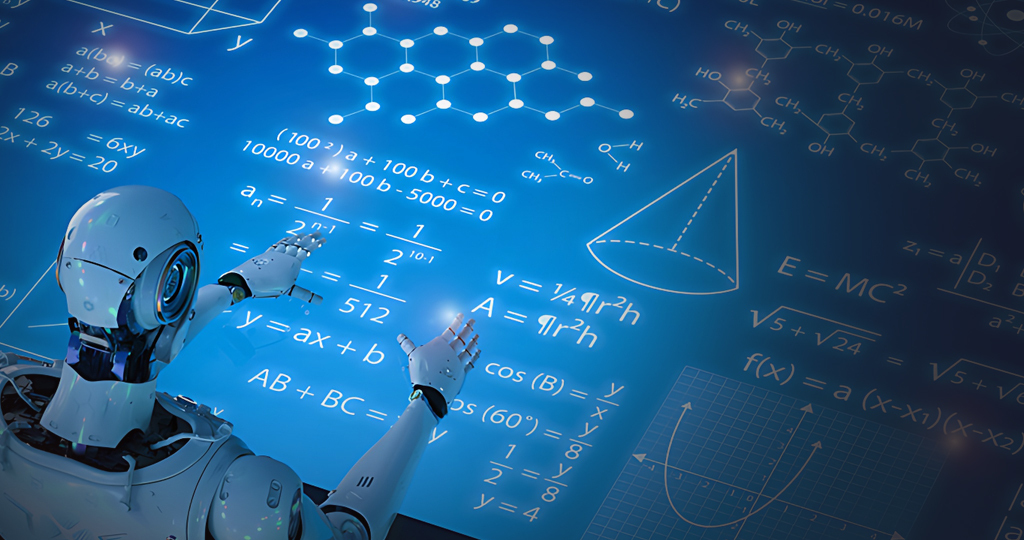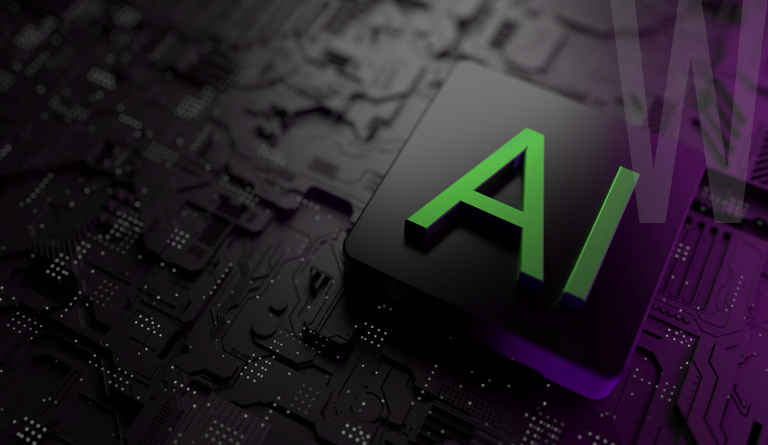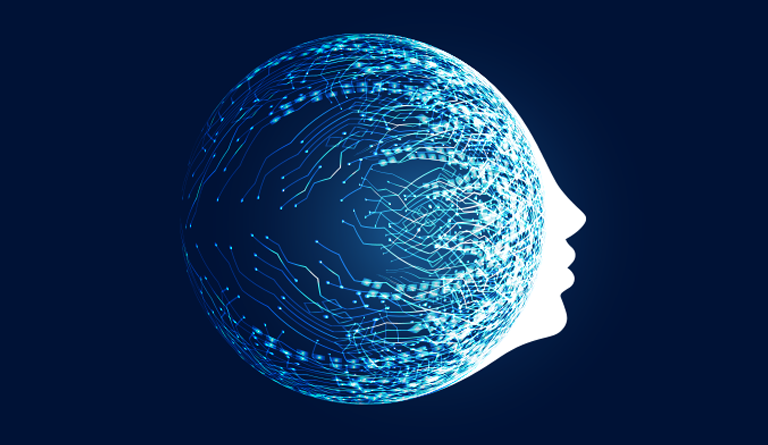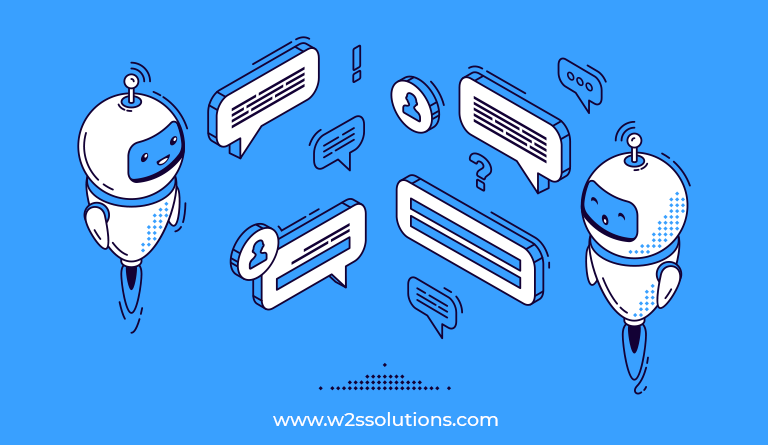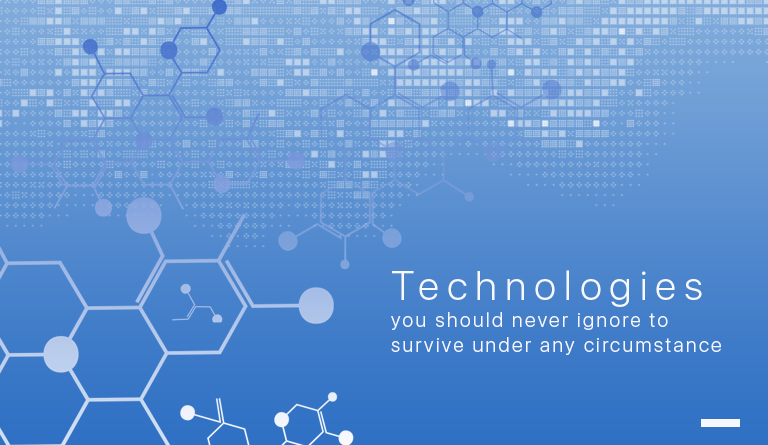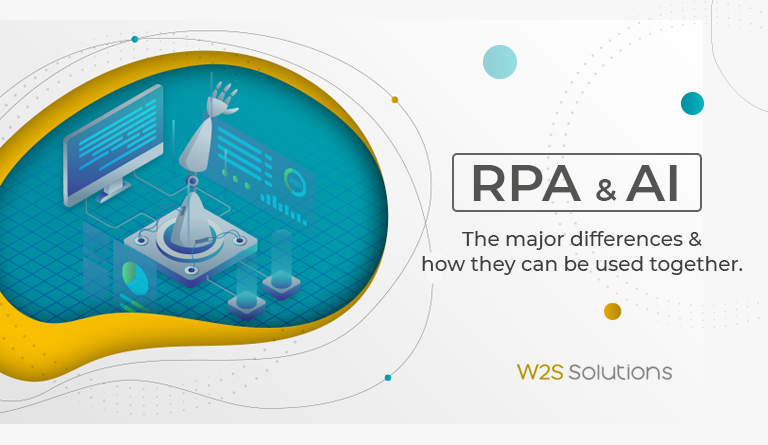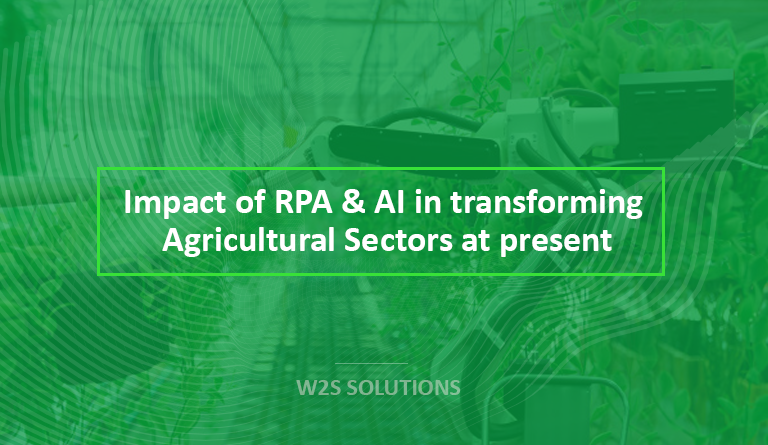AI and ethics are on the threshold of a new millennium. Human lives are fast changing due to the technological revolution, which is impacting how they work, learn, and even live together. At an exponential rate, AI is finding new applications in various fields, including security, research and education, health, and trade. The statistics show the importance of AI ethics in key enterprises worldwide in 2020.
According to a study, 50% of respondents claim to perform an independent audit of their in-production AI systems for ethical reasons.
Artificial intelligence is the new frontier for humans. AI will usher in a new era of human civilization. 36% of people want to know why certain decisions were made. AI systems are becoming more self-contained, logical, and intelligent.
Personalized artificial intelligence has raised important ethical and social concerns, demanding a thorough philosophical and ethical investigation. In many sectors, AI has had a rapid and significant influence on human society and how we interact with one another. Its societal influence should be investigated to avoid any negative consequences.
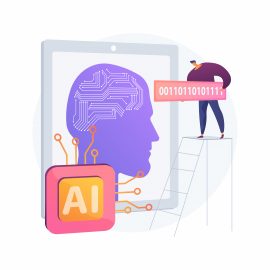
What is AI ethics?
AI ethics is a collection of moral principles and tactics for guiding the development and ethical use of AI technology. As AI becomes increasingly integrated into goods and services, enterprises are beginning to embrace AI ethics. “AI ethics“ is a policy statement that describes the role of artificial intelligence in the ongoing growth of the human race. When faced with an ethical decision involving AI, AI ethics is to provide advice to stakeholders. Academics have created safeguards to protect humans from the hazards of AI due to the rapid growth of AI in the last five to ten years.
What does history say about AI ethics?
The hazards of autonomous AI agents were foreseen by science fiction writer Isaac Asimov long before they were established, and he devised The Three Laws of Robotics to limit such risks. The first law forbids robots from intentionally damaging people or allowing humans to suffer harm due to their refusal to act. The second law compels robots to obey humans unless the directives violate the first law.
Finally, the third law states that robots must protect themselves if they follow the first two laws. Later, the “zeroth” law was introduced, which stated that a robot might not harm people or enable humanity to damage itself via inactivity. These guidelines compiled Asimov’s ideas on ensuring that an artificially intelligent system does not turn against its creators, a safety feature intended for good compatibility and compassionate robots.
Why do enterprises need AI ethics?
Data has never been more accessible, and it is just becoming better with data engineering services. When AI and data are combined, patterns emerge that aid decision-making. However, AI comes with its own set of obstacles, uncertainties, and ethical hazards. These problems should be addressed. As a result of human-machine contact, humans may experience various emotional and psychological effects. Uncertainty, concern, and harm to one’s self-esteem or positive self-identity are examples, as are more apparent consequences like attention hijacking, gaslighting, or reputation damage.
It’s because, with technology, facts that can be directly measured are more important than feelings. It gives the impression of safety. Futuristic technology obtained from enterprise software development services will benefit from respecting human values and rights, and AI should be human-centered. As a result, certain ethics or standards should be in place. A gauge of customer satisfaction must influence the design of AI technologies. Mental, physical, and social well-being must all be taken into account.
Hand-Picked Related Content ☛ Emotionally Intelligent AI-Chatbots
How has AI ethics impacted driverless cars?
The vehicle accident was born with the invention of the automobile. Similarly, tech professionals must evaluate an AI-assisted car’s ethical and business consequences. Researchers and developers will need to address the trade-offs that autonomous vehicles represent in safety and mobility.

When algorithms that affect humans and autonomous cars interact are created, ethical issues will arise. A fusion processor running AI and connected to a car’s vast array of sensors will make key decisions in split seconds. As a result of self-driving cars, consumer behaviour will change as well. Artificial intelligence in the transportation industry must foresee this behaviour and offer ways to address the gaps.
What are the various ethics of technology?
Technology must stick to certain values to produce a better future for humanity. Therefore, it works to protect and promote human rights and principles. Some instances of technical ethics are as follows:
Access Rights
Humans have access to powerful technology as a right or freedom.
Accountability
Ethics is required for technology-driven decisions, which need transparency.
Digital Rights
Technology must preserve copyrights, originality, and privacy rights.
Freedom
Technological advancements must not harm the overall standard of living.
Human Judgment
When making decisions that require human judgment, make sure that humans are engaged.
Privacy
Always protect the privacy of a user’s data and make it a top priority while collecting, analyzing, distributing, and interpreting data in compliance with privacy rights. It is possible to specify data access, ownership, and permission.
Security
To protect users’ psychological, social, economic, digital, and physical well-being and maintain data security.
Terms of Service
Technology must abide by regulations established by the government.
Fundamental Rights
The fundamental rights of individuals must be respected by technology.
Well-being
Technology must serve humanity’s best interests at all times.
Hand-Picked Related Content ☛Enterprise Automation
What are the ways that AI ethics can have a brighter future?
The hazards of AI, such as mass surveillance and human rights violations, can be addressed by establishing AI laws. Effective regulation is essential to balance the possible risks and business benefits of RPA & AI. Ethical AI has a feature that tells us more about how they make AI systems safer and more equitable:
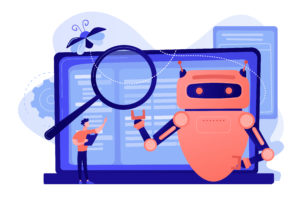
Social Well-being
Ethical AI makes the system accessible in the interests of the individual, society, and the environment. Therefore, it will work in humanity’s best interests.
Avoid Unfair Bias
The artificial intelligence system that is being built is ethically correct. It will not create artificial distinctions between people or groups. On the contrary, it ensures that everyone has access to and is treated equally. Biases based on race, gender, nationality, and other criteria are detected and mitigated.
Privacy & Security
AI systems place a high priority on data security. Ethical AI-designed systems with planogram analysis provide data governance and model management solutions. In addition, the following privacy and AI principles improve data security.
Reliable & Safe
The AI system focuses solely on the assigned task, limiting the risk of potential harm.
Transparency & Explainability
The ethical system explains each forecast and output. It guarantees that the logic of the model is visible. Users are educated about the data’s role in the final result. The outcome is validated, and confidence is established due to this transparency.
Governable
Creating a system that fulfils its responsibilities. It can recognize and avoid errors.
Value Alignment
Humans make decisions following universal principles. Ethical frameworks make it simpler to consider universal goals like these.
Human-Centered
Human diversity, freedom, autonomy, and rights are cherished in an ethical AI system. It benefits humanity by adhering to human principles. The system does not engage in any irrational or unfair behavior. Personal rights and freedom are respected.
Summing Up
Many enterprises consider AI and ethics game-changing technologies for their business growth. When computers develop the power to see, feel, and act, it’s just a matter of time before they are subjected to judicial scrutiny. The decisions organizations make now will have a huge impact on AI’s future. Society’s ethical principles do not change due to technical advancements, but their practical implementation may. It is the duty of both businesses and the general public to ensure that AI systems are utilized to assist people rather than the other way around. Enterprises can connect with the world’s leading tech-savvy digital transformation company to avail of AI ethics solutions at an affordable price to achieve their business goals.
